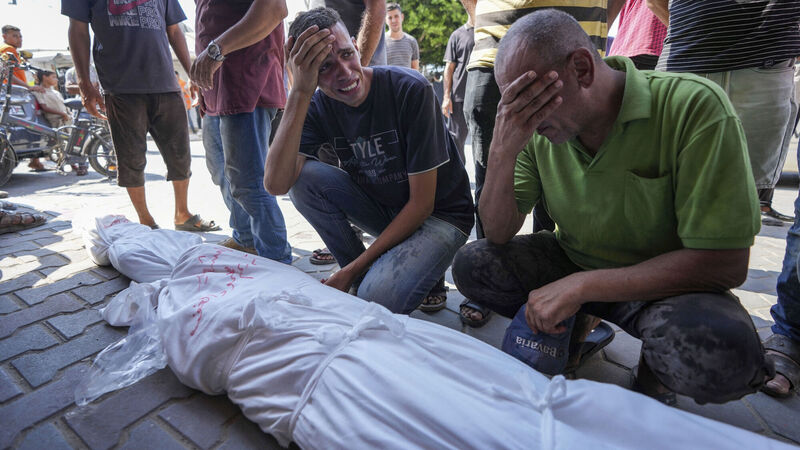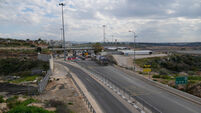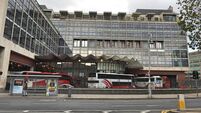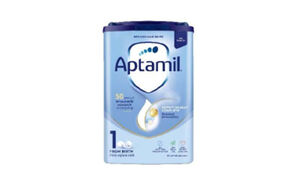Gaza death toll nears 40,000 amid mass starvation

Palestinians mourn a relative, killed in the Israeli bombardment of the Gaza Strip, at a hospital in Deir al-Balah on Saturday, July 27. Picture: Abdel Kareem Hana/AP
Almost 40,000 people have now been killed in Gaza, while almost 91,000 have been injured, according the data compiled by NGOs operating in the besieged region.
Many of those who remain are starving as Israel continues to block aid deliveries, they said.












